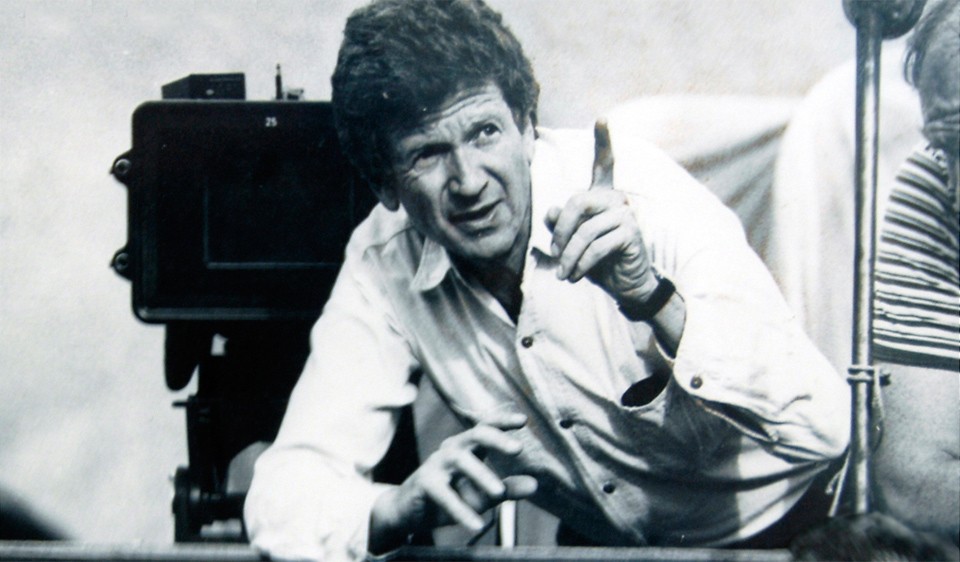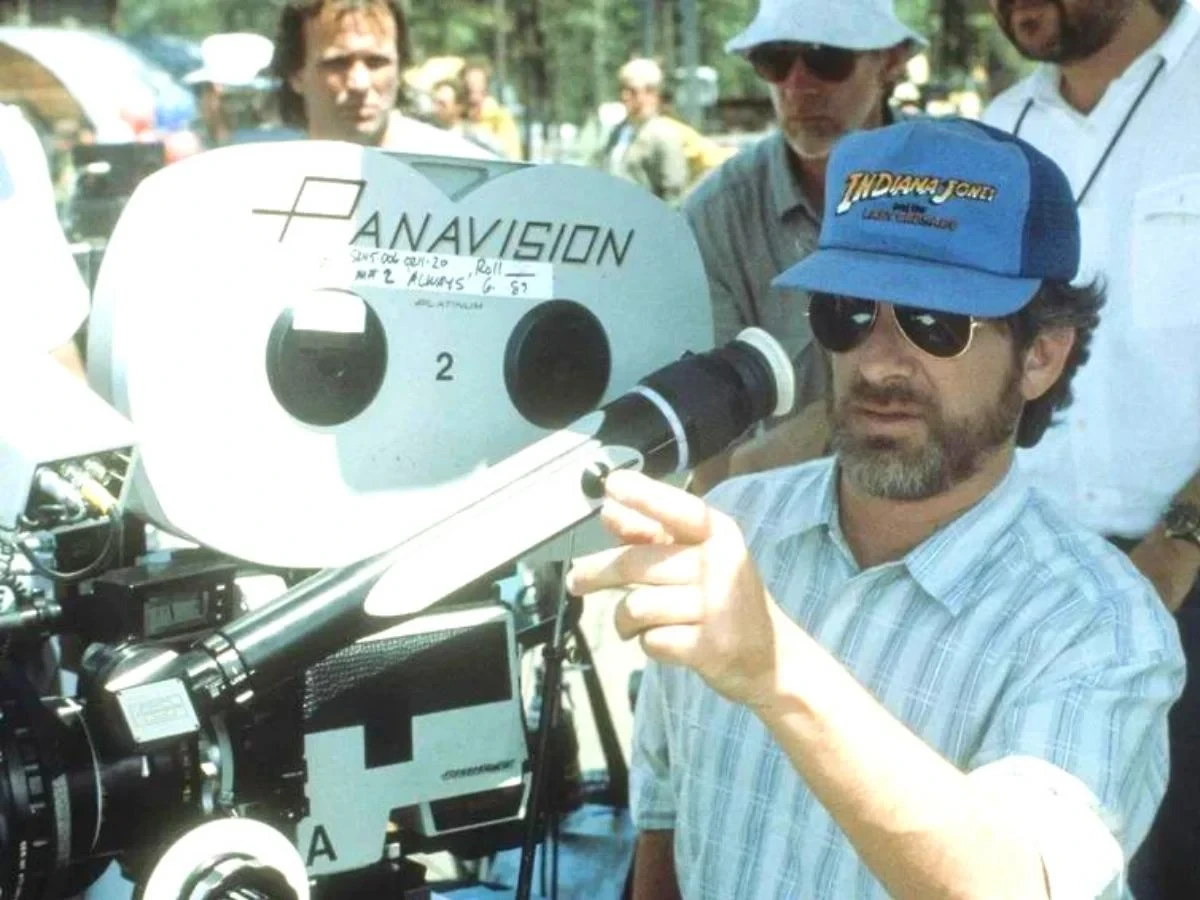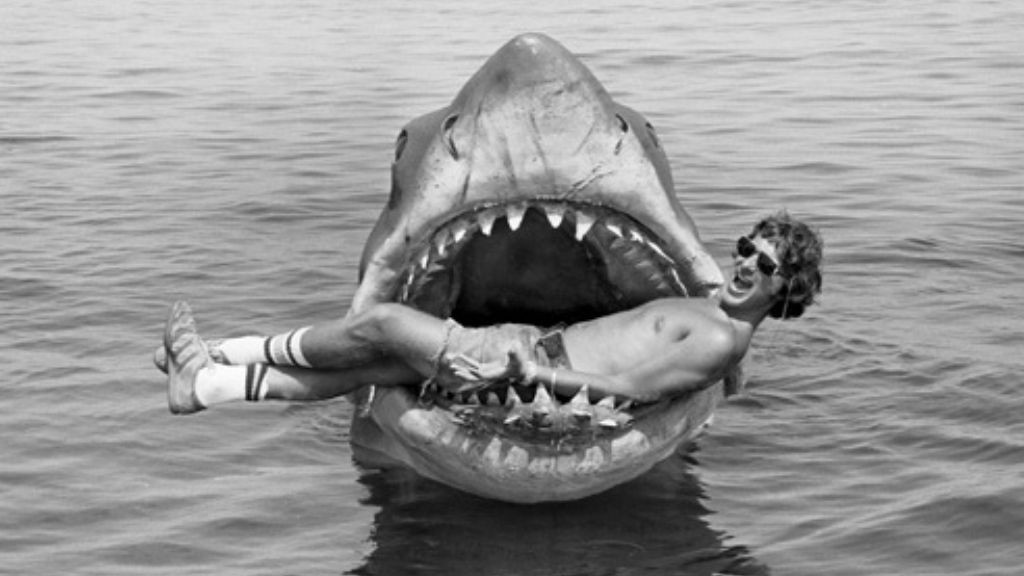Without a doubt, director Steven Spielberg is one of the best directors in the history of cinema thanks to his remarkable films, which are often labeled as cinematic masterpieces, however, long before his days as a seasoned director, he was just a regular man in his 20s trying to make a blockbuster hit.
Before Spielberg, Dick Richards was assigned the duty of creating 1975’s Jaws, however, he was fired due to a very strange reason. Then came Spielberg, who tried to do what was never done before, a film about sharks shot entirely underwater. However, it wasn’t as easy as it may seem to some people.
Dick Richards was initially the director of 1975’s Jaws

Universal Pictures initially approached director Dick Richards with the idea of Jaws, a movie based on the 1974 novel by Peter Benchley. Things quickly took a turn when Richards started to refer to the sharks as “whales.”
The producers lost patience and decided to kick him out of the project. Then came 27-year-old Steven Spielberg, who had this one golden opportunity to prove himself. At the time, he only made one movie, The Sugarland Express.
Steven Spielberg had to seize this opportunity

Spielberg’s only film at the time, The Sugarland Express, was a box office failure, so it was really important for the director to create something exceptional in order to save his career. Jaws‘ script underwent multiple revisions and was unfinished when they began filming.
Now, obviously, Spielberg couldn’t get a real shark so he got a mechanical shark, known as “Bruce” on set, but it faced numerous technical problems during filming. So, Spielberg decided to show the shark sparingly. This actually worked well as it created more suspense and horror among the audience.
Jaws was a massive success

All the hard work paid off as 1975’s Jaws, which is widely considered the first major summer blockbuster, proved to be a turning point in Spielberg’s career. With a global box office collection of $476 million, the film broke numerous box office records.
At the 1976 Academy Awards, Jaws won three awards for Best Film Editing, Best Original Score, and Best Sound. It was also nominated for Best Picture, but Spielberg was not nominated for his work. Nonetheless, the director managed to prove his exceptional skills through this movie, which has contributed to his status as a legendary director.
In the end, Jaws was a result of skilled filmmaking, innovative effects work, strategic marketing, and a touch of unexpected challenges. All these factors ultimately contributed to its massive success.
Source: Mental Floss









